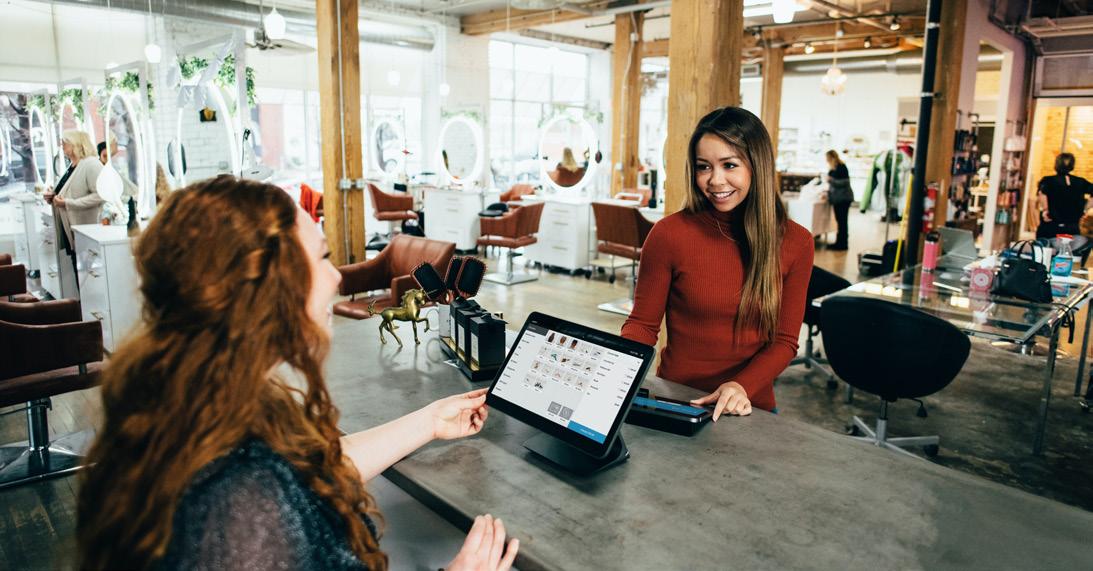
2 minute read
ABOUT TRENDS AND BUSINESS
The business of Being Human is big business these days. Everyone’s talking about it – be humancentred, apply design thinking – but what does that really mean?
Let’s try and frame this thought.
Peter Drucker, the father of management, said, “The purpose of a business is to create a customer.”
A customer is defined as a person who buys goods or services from a shop or business.
Therefore the simplest validation of any good business is that you have a human being that is interested in paying for what you have to offer.
If we are a group of humans gathered to provide value to another group of humans it stands to reason that our number one priority should be to understand how humans feel and how that is affecting their behaviour.
Here is a quick highlight of two of the fundamental behaviour changes that are affecting your business today.
Humans are scared & anxious
Everybody is driven by a basic need to feel safe. It does not matter what side of the fence you are on – you need to understand that perception is reality. If I feel afraid the fear is real, whether you believe my fear is valid or not. You should be asking yourself: What does safety mean to everyone in my business ecosystem? How do we make everyone in our business feel as safe as possible? Your first answer will be rational – hand sanitiser, for example. But go a bit deeper on how we can help on an emotional level. I understand that you are running a business and some decisions will be difficult, but take people with you on the journey –acknowledge them and their fears.
Humans want you to make the right decisions for themselves
76% of consumers believe that CEOs should take the lead in change, and only 6% believe the primary responsibility lies with themselves. What does that mean? Well it means that our consumers want to act in sustainable ways, they want to be responsible about spending their money – but they want us to make it easier for them. We need to use the power of business to create a force for good in the world. This does not mean greenwashing (a fancy term for sustainability window dressing), it means starting to incorporate an authentic shift towards generating real value for our human beings and the planet we live on. The question you can ask yourself here, according to Professor Colin Mayer, is how can we “produce profitable solutions to the problems of people and planet, and not to profit from producing problems for people or planet.”
At the end of the day the ultimate purpose of a business is that you satisfy a human’s wants, needs or desires. We get so busy strategising and executing amazing plans that we sometimes forget that we’re doing business for human beings. Slow down for today. Check in with the humans around you. What’s good for your humans, is good business.
Debbie Rowles, a business and brand strategist, imagines a world where the magic makers can harness the power of purpose to lead human-centred businesses & brands that thrive. She is the Thinker | Solutionist at Think Human Being.
www.thinkhumanbeing.com










